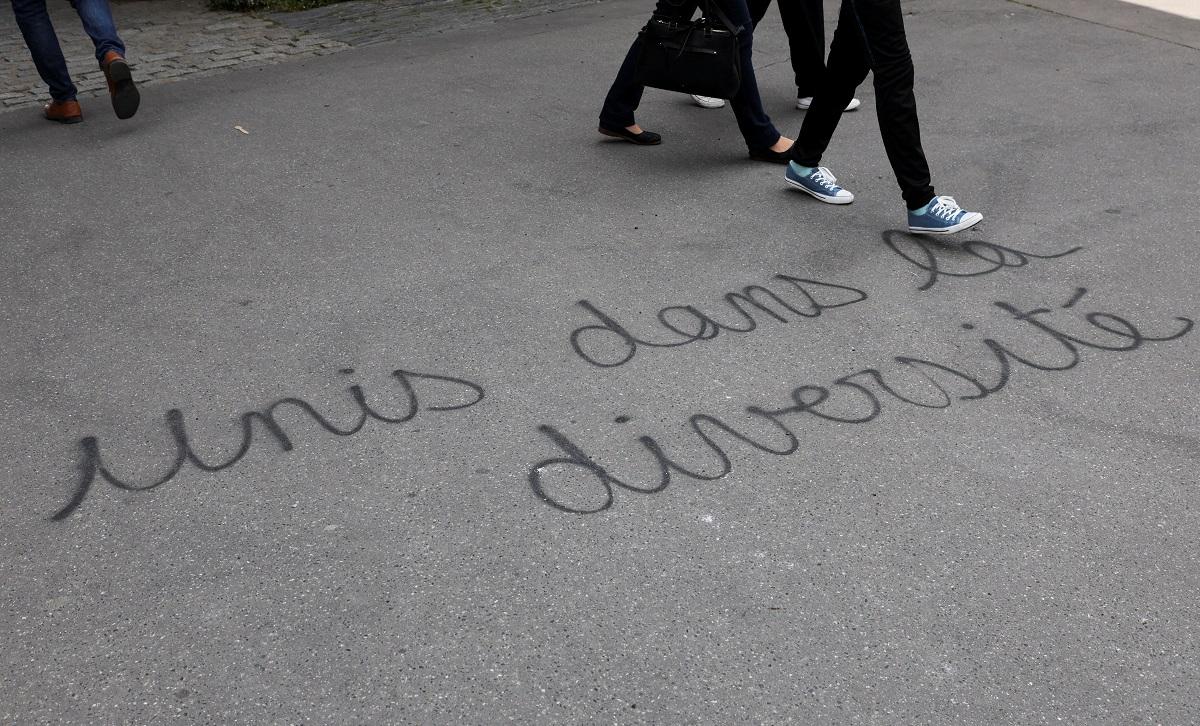French candidates bow out in concerted bid to block far-right

PARIS — Opponents of France's National Rally (RN) stepped up their bid to block the far-right party from power on Tuesday as more candidates said they would bow out of this weekend's run-off election to avoid splitting the anti-RN vote.
Some 180-plus candidates have confirmed they will not stand in Sunday's second-round for France's 577-seat national parliament, according to local media estimates. Others have until 6 p.m. (1600 GMT) to make their choice.
Marine Le Pen's RN came out well ahead in Sunday's first-round vote after President Emmanuel Macron's gamble on a snap election backfired, leaving his centrist camp in a lowly third place behind a hastily formed left-wing alliance.
But even before the maneuvering of the last 24 hours to create a "republican front" to block the anti-immigrant, euroskeptic party, it was far from clear the RN could win the 289 seats needed for a majority.
Pollsters calculated the first round put the RN on track for anything between 250-300 seats. But that was before the tactical withdrawals and cross-party calls for voters to back whichever candidate was best placed to defeat the local RN rival.
"The match is not over," the Socialist mayor of Paris, Anne Hidalgo, told France 2. "We must mobilize all our forces."
Financial markets gained on Monday on relief that the far right had not performed better, but the reaction has been muted by the fact that a hung parliament would also risk policy paralysis for the rest of Macron's presidency till 2027.
'Republican front'
There was initial confusion over whether Macron's allies would stand down in local contests in favor of better-placed rival candidates if they came from the radical left-wing France Unbowed (LFI) party of Jean-Luc Melenchon.
However Macron on Monday told a closed-door meeting of ministers at the Elysee Palace that the top priority was blocking the RN from power and that LFI candidates could be endorsed if necessary.
The "republican front" has worked before—such as in 2002 when voters of all stripes overwhelmingly backed Jacques Chirac to defeat Le Pen's father, Jean-Marie, in a presidential contest.
However, it is not certain voters these days are willing to follow guidance from political leaders on where to place their vote, while Marine Le Pen's efforts to soften the image of her party has made it less of a pariah for millions.
Le Pen on Tuesday repeated her assertion that the RN would not try to form a government if it and its allies did not have a workable majority in parliament.
"We cannot agree to form a government if we cannot act. That would be the worst of betrayals of our voters," she told France Inter radio.
In a foretaste of the sour mood that would prevail in the event of a power-sharing "cohabitation" between Macron and an RN-led government, Le Pen referred to media speculation that he was planning to make key public sector appointments aimed at preventing the RN from implementing its policies.
While not saying she had any evidence that was the case, Le Pen said any such move would amount to an "administrative coup." — Reuters




